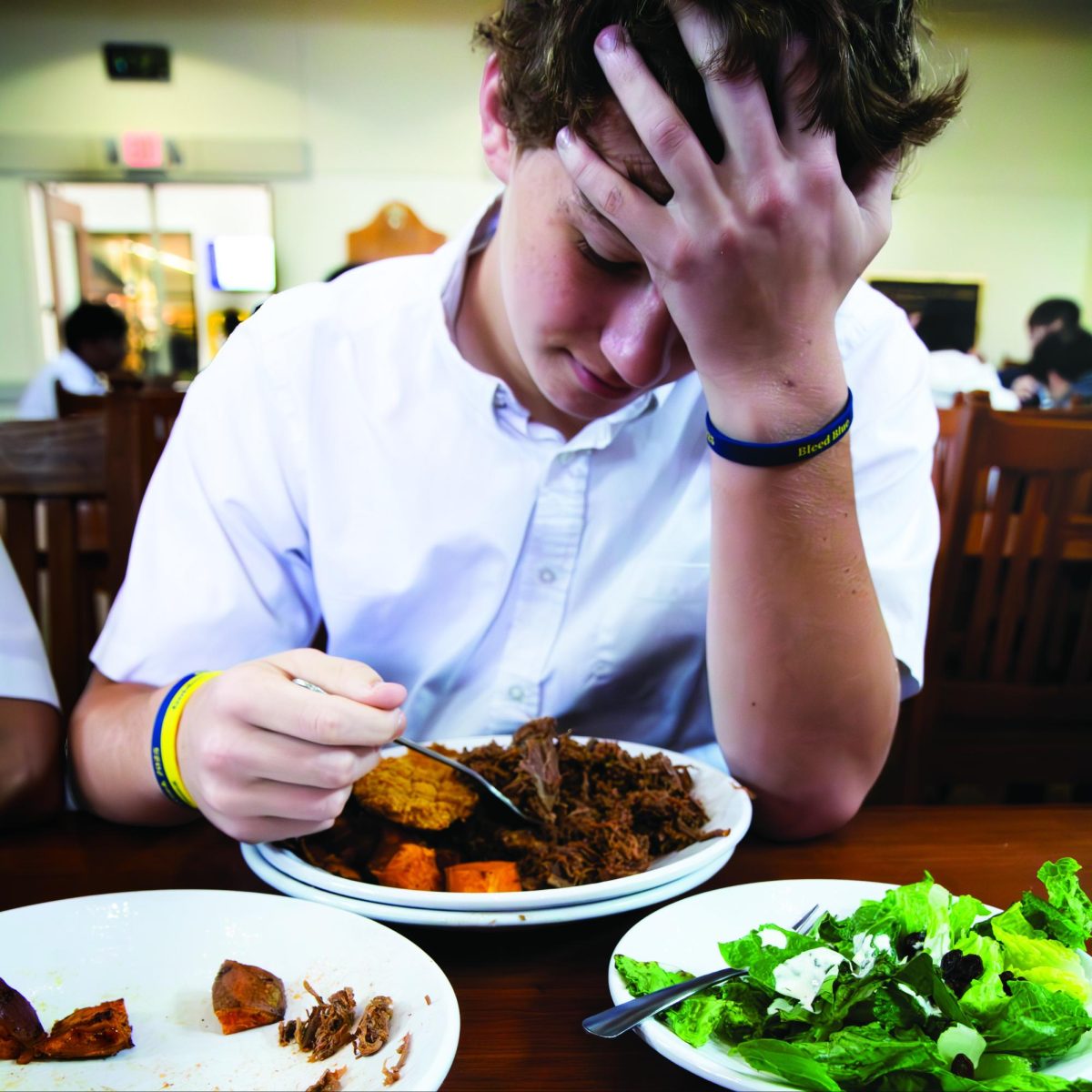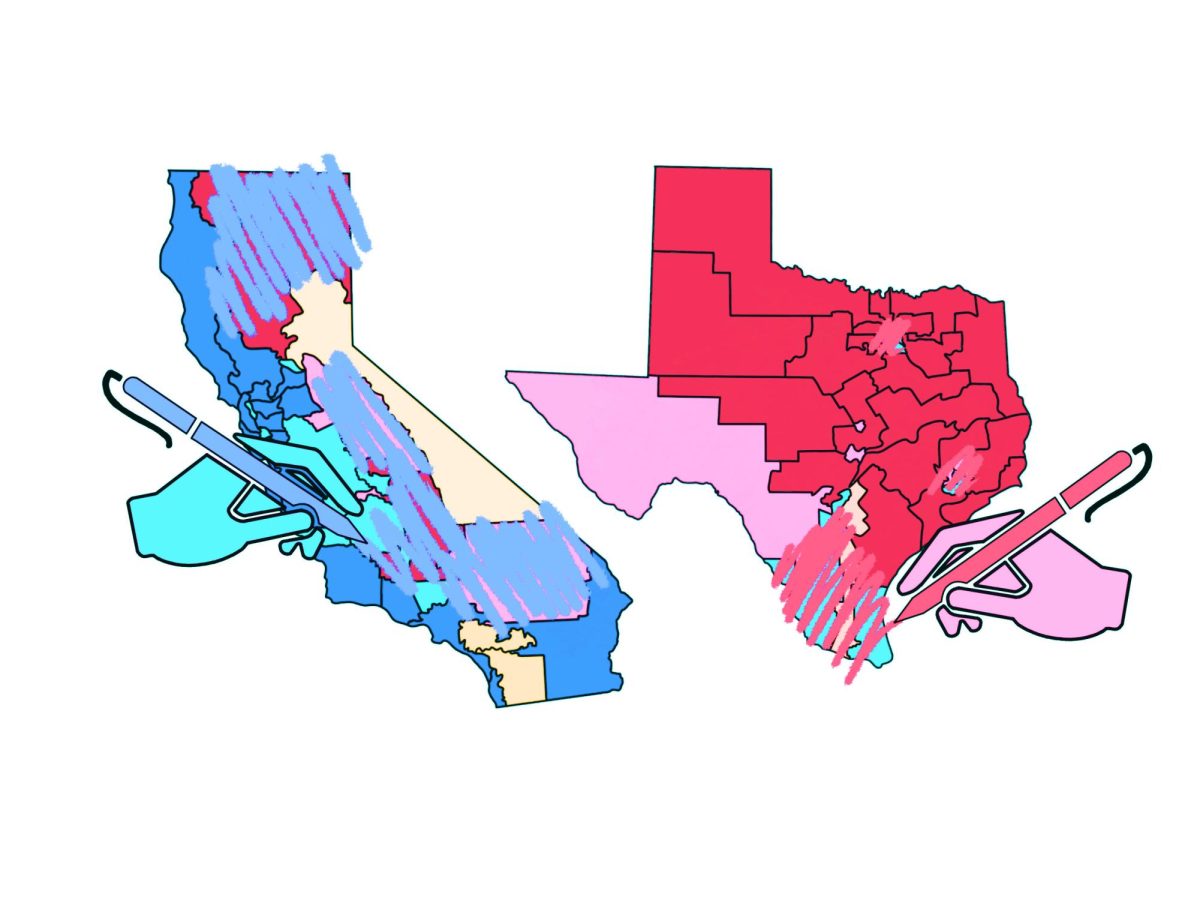Through podcasts and other social media outlets, new diets such as the paleo and ketogenic (keto) diets have recently risen in popularity and have been pushed to a large audience, an audience that includes children.
But these diets are founded on shaky scientific foundations, and they likely aren’t suitable for students to try at home unless advised by a medical professional.
The paleo diet, for example, is based on the idea that “things were better back then,” but in this situation, “back then” references a time from over one million years ago. The focus of this diet is to avoid processed foods such as refined grains and dairy, replacing them with the foods that hunter-gatherers would eat. On social media platforms, this idea seems revolutionary, but the diet simply doesn’t fit the modern human’s nutritional needs.
“We don’t live in caves anymore, and we don’t go and source our own meat anymore,” school nurse Julie Doerge said. “We know just having one food in our diet is bad. You’re going to have deficiencies in your vitamins: vitamin C, vitamin K, vitamin D and all those things are important.”
Another similar diet that appears on social media is the keto diet. For this diet, the focus is to minimize carbohydrate intake and to increase consumption of foods high in fats like avocados. The goal is to reach a state of ketosis, in which the body burns fats for energy instead of carbohydrates.
But yet again, the diet doesn’t provide enough balance and isn’t suitable for most people.
“In nursing, we like to look at it is that there should be no such thing as a diet,” Doerge said. “We stand by a well balanced diet, including fruits, vegetables, starch and protein. We really don’t like when people go down this path of excluding certain foods from their diet, especially young people, because as you grow, so does your brain and your bones.”
These types of diets are extremely difficult to sustain, and dropping the diet can result in regaining all of the weight lost. And even if the diet is sustained long-term, the keto diet currently doesn’t have sufficient studies in place to support them. According to the Harvard Medical School, the keto diet may actually cause negative heart effects after a while, especially since the diet concentrates so much on increasing the amount of saturated fats.
The bottom line is that these diets are completely lacking in major nutrient categories. The foods that these diets propose, like avocados or fruits, are certainly healthy and might promote weight loss, but the diets lack any form of balance. Experts suggest a much better alternative is to simply eat healthier altogether, rather than cutting out foods from the diet.
“It’s more or less about not trying to create a diet of some source, but just eating the natural foods that are given to us and being consistent when eating,” strength and conditioning coach Kevin Dilworth said. “The main thing with dieting is that it’s structured, yes, but every diet that’s out there doesn’t really work for everybody, and eating clean does.”
However, eating in this way provides some challenges towards athletes, especially those who are trying to hit their protein goals. Nevertheless, Dilworth’s philosophy is that there’s no point in consuming unhealthy proteins; he would rather eat healthy, clean proteins.
“I’m not putting a slow protein into my body,” Dilworth said. “I prefer to eat chicken and fish, and, when I eat certain fish, I’m eating fish that are lean.”
And Dilworth’s extensive track experience serves as evidence that his methodology works, and he still eats clean to this day.
“In order to see success in the weight room or on the field, it (goes back to) what you put on your plate,” Dilworth said. “I was faster, I was stronger just because I changed my eating. It’s huge; it’s number one.”
Ultimately, the keto diet and the paleo diet try to provide shortcuts to weight loss, but there’s heated debate on whether or not these diets are healthy or not. But through all of the smoke and fog of these social media diets, one singular, tried and true method always works: the method of simply eating cleaner.








